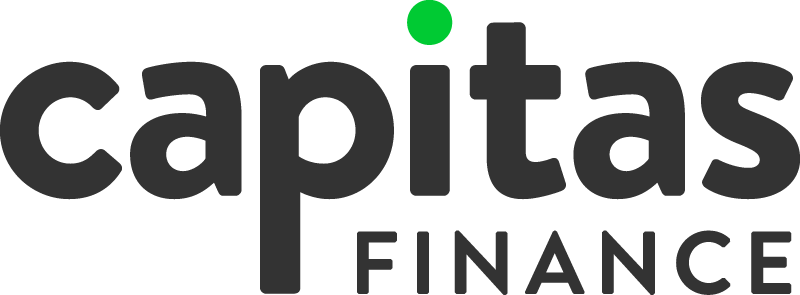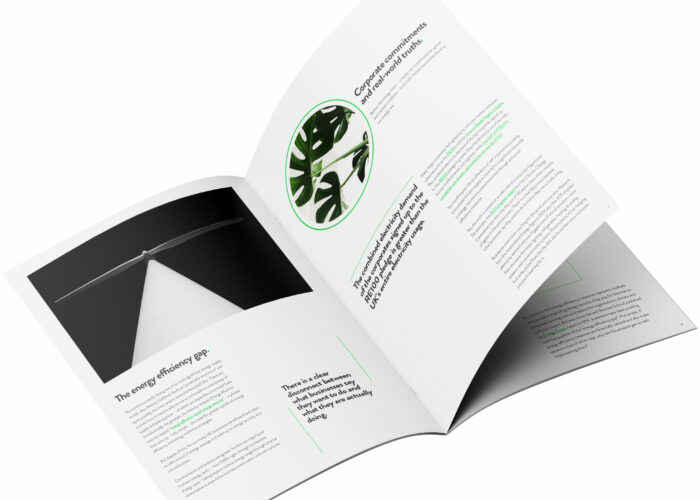FEBRUARY 15, 2017 BY THE ENERGYST /
Energy efficiency isn’t a priority for many board directors, who would rather spend company cash on revenue generating activities. They are the smart ones, Capitas Finance energy efficiency specialist Jason Hunter tells The Energyst.
Finance remains the biggest perceived barrier to energy efficiency investment amongst small and medium-sized enterprises and the public sector, according to a survey of company managers and directors conducted by The Energyst.
Apathy at board level and distrust of claimed savings are also significant hurdles for those trying to implement energy efficiency improvements.
While anecdotal evidence suggests continued reluctance to fund energy efficiency measures via third party finance, Jason Hunter, associate director of the energy efficiency division at Capitas Finance, reckons spending cash reserves on non-core business is foolhardy.
Hunter thinks presenting finance directors with guaranteed energy savings that are cash positive from the outset enables businesses to go further in cutting energy and carbon consumption. Naturally, the financier believes that the UK’s 5.2 million SMEs, not to mention the 9000 corporates with an Esos audit “gathering dust”, should reevaluate their options.
“We are firm believers that if a company has capital available, then they should be deploying that on their core functions,” he says.
Keeping cash to enable the business to capitalize on opportunities makes sense, he adds. However, if finance can be used to produce guaranteed energy bill savings, why do so many organisations appear reluctant to use it?
Hunter, a former head of commercial planning for Mittal Steel’s European operation, says boards are also distrustful of promised savings. “They simply don’t believe what they are being told by the vendors and the suppliers and solutions providers,” he says.
Another barrier is complexity,” Hunter acknowledges. “Energy efficiency is at a very nascent stage for finance – rather like the IT industry was 25 years ago. Many people don’t realize the different types of finance that are out there, because the larger banks tend to focus on larger transactions where they will bespoke the terms of the finance on each individual project.”
But Hunter says smaller financiers are now trying to tap into the SME market, working with vendors to provide finance for projects as small as £10,000.
“There are 5.2m SMEs in the country versus 9000 large corporates that qualify for Esos,” says Hunter. “We believe the biggest impact on energy efficiency and carbon reduction in the UK is going to come from SMEs rather than large scale businesses.”
That may be true. But if SMEs don’t trust the savings promised by technology vendors and don’t appear enthusiastic about taking on finance, how is the situation going to change?
On the first point, Hunter is confident. “We guarantee the savings. If your project predicts a 25% saving on energy and you only see 10%, we work with a global insurer which will make up the difference.”
Hunter claims vendors incorporate the “very small” premium for that insurance into their margins, so that for end users “there is very little extra charge, if any”.
If something sounds too good to be true, it usually is. Hunter admits overcoming disbelief is “the biggest problem we have” in getting finance deals away.
But he thinks the tide is starting to turn in the SME market and points to the £7m Green Business Fund, administrated by the Carbon Trust and funded by a fine levied on Eon for failing to meet advanced metering targets, by way of example.
“[The fund] offers SMEs a high level energy audit. If they decide to implement recommendations, they receive 15% of the cost of the capital equipment as a grant,” he says. Combined with proper use of Enhanced Capital Allowances, businesses can find ways to turn energy efficiency investments into a “cash boost”, says Hunter.
“So there is progress and [compared to corporates] it is much simpler for SMEs to move forward and eliminate a large part of what is often a significant overhead.”
For the corporate market, Hunter accepts that not all Esos audits are made equal. He understands the calls for Esos to be ‘given teeth’, but says he is “not a fan of forcing people to do things”. Instead, he hopes that the shift to half-hourly metering will equip businesses with the tools to make themselves more profitable.
“If you have half-hourly metering, you have better data, and if you have better data, you can make better business decisions that will end up saving you money,” he says.
“If you can make payments [for equipment] out of the savings delivered, it is also costing you nothing upfront. To my mind, that is a far better way to lead the conversation.”
Capitas has produced a free guide to third party energy efficiency finance. Download it here.



